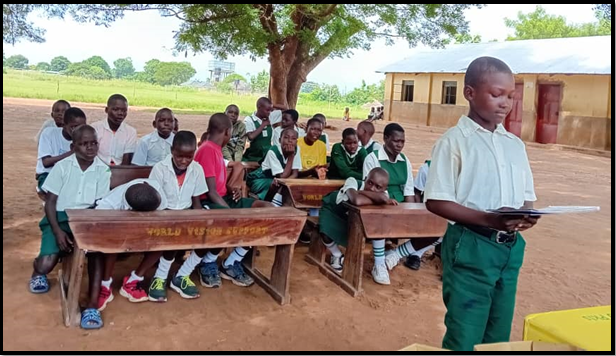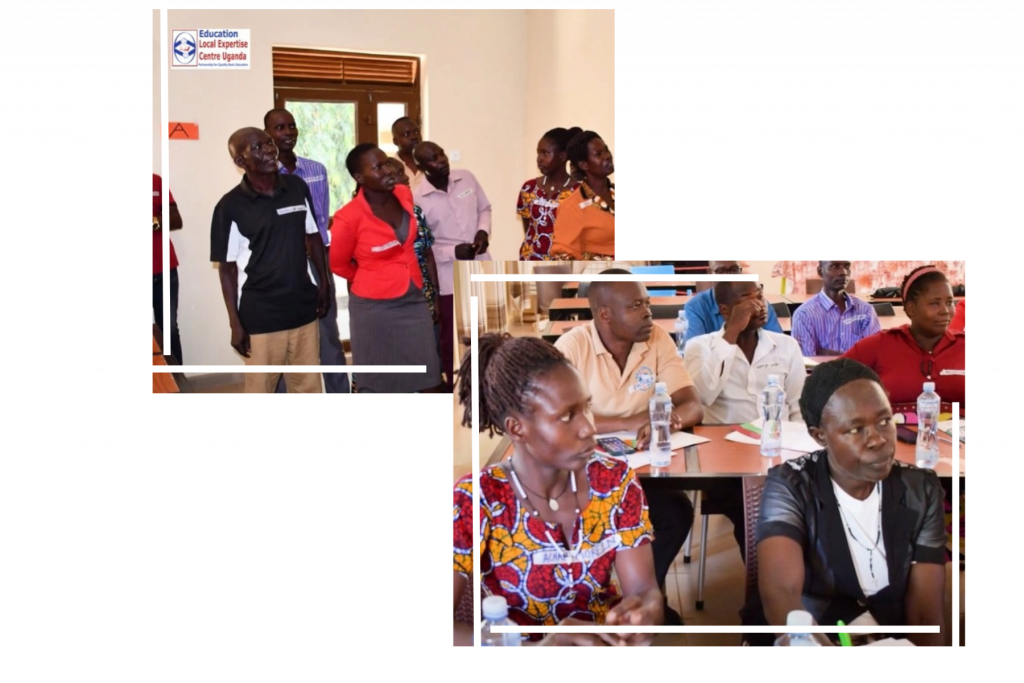Stories for Inclusion – Training
Promoting inclusion through the power of storybooks.
The Stories for Inclusion training is part of an international project that uses children’s books and storytelling to foster understanding, empathy, and inclusive behaviour towards children with disabilities.
In many parts of the world, children with disabilities face exclusion, stigma, and low expectations — often rooted in harmful stereotypes and cultural taboos. This lack of representation is also visible in children’s literature: few books reflect the lived experiences of children with disabilities, and even fewer portray them as active, valued characters.
To break this cycle, Biblionef and the Niketan Foundation developed Stories for Inclusion: a project that promotes positive role models and encourages open dialogue about disability and diversity. The project is currently being implemented by Biblionef in Ghana and Uganda.
About the Training
The Stories for Inclusion training equips teachers, librarians, and community volunteers with the knowledge and tools to use storybooks as a powerful entry point for conversations about disability and inclusion in the classroom and community.
Participants receive:
- A carefully selected set of children’s books about and featuring children with disabilities, including the story My Name is Runa, based on the real-life experiences of a young girl with cerebral palsy.
- A practical Activity & Lesson Guide to help facilitate age-appropriate, engaging discussions with children.
- Training sessions on inclusive education, understanding disability, and using storytelling to challenge stigma and promote empathy.

Reading ‘My Name is Runa’ in Pakwatch during project pilot
The training encourages teachers and volunteers to create safe, welcoming spaces where all children — with and without disabilities — can learn, grow, and see themselves reflected in the stories they read.
Our Approach
We believe that lasting change begins with honest conversations and meaningful stories. That’s why the training goes beyond the classroom: it aims to influence how entire communities think about and relate to disability.
In Ghana, the training has been introduced in primary schools, and in Uganda, local partners such as ELECU and USDC are expanding the initiative following the pilot in Pakwach. A new, locally developed storybook based in Uganda is also in progress, ensuring cultural relevance and local ownership.

Teachers during training in Pakwach Uganda
The training encourages teachers and volunteers to create safe and welcoming environments where all children – with and without disabilities – can recognize themselves in stories, and feel valued.
